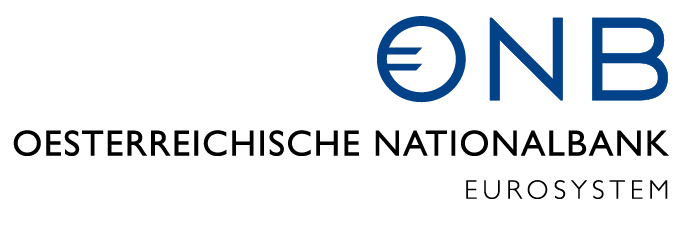After years of failing to deliver on their mandate, the post-pandemic overshooting of inflation and the required sharp rise in policy rates caught everybody, including central bank treasurers, by surprise. Could the prospect of central banks needing recapitalization threaten their independence and in turn their ability to deliver price stability?
Sarah Bell,
Head of Central Banking Studies, Monetary and Economic Department, BIS
Ashok Bhatia,
Special Advisor, Office of the Managing Director, IMF
Dirk Broeders,
Senior Lead Financial Risk Manager, ECB
Vasso Ioannidou,
Professor of Finance Bayes Business School (formerly Cass)
Moderated by
Robert Holzmann,
Governor, Oesterreichische Nationalbank




